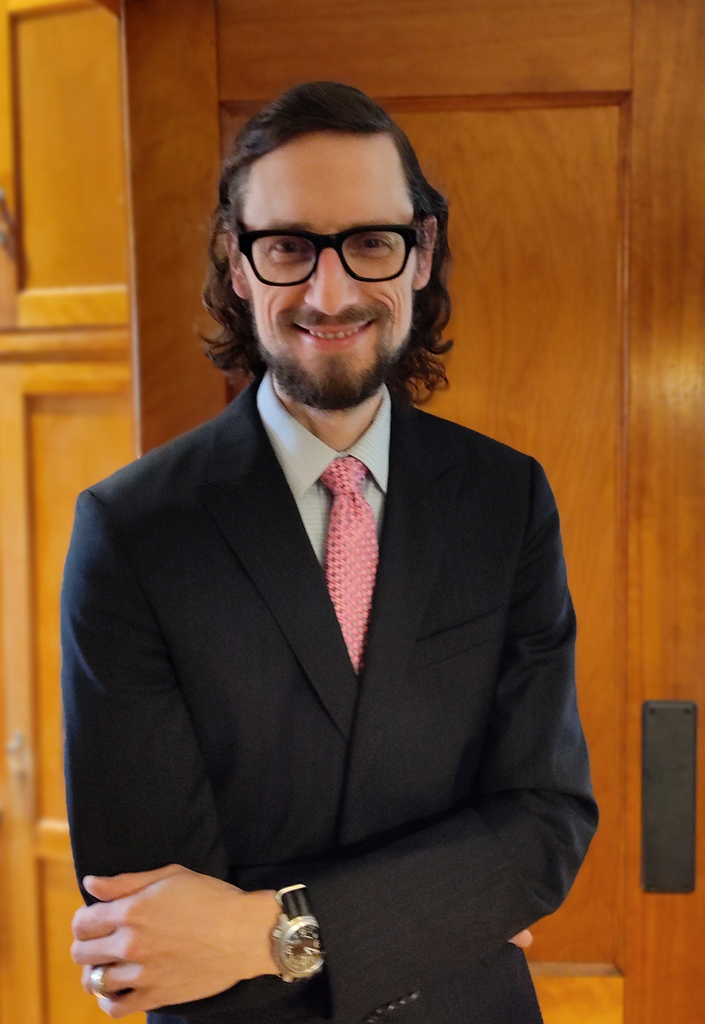Intellectual property (IP) rights might allow a business to obtain exclusive rights in some or all aspects of a product. Such IP rights can potentially include patents, trademarks (i.e., trade dress), copyrights, and trade secrets. But the types of IP that might apply will vary depending on the context of the product involved, and may require affirmative action to secure and maintain IP rights.
Consider patentability before any public disclosure or commercialization of a product in order to avoid potential loss of patent rights. Although other types of IP protection might be available, exclusivity in the design of a new useful product is first and foremost a question of potential patent protection.
Patent Protection
Patents can provide exclusive rights for a limited time in exchange for disclosure of an invention. An inventive product—and/or a process or method associated with making or using it—can be protected with a utility patent. However, a patent application must be filed within one year of public disclosure or commercialization (or, in other countries, before any public disclosure). The invention must also satisfy three criteria for patentability: utility, novelty, and non-obviousness. The latter two criteria depend on the scope and content of the prior art. A patentable invention cannot already be known and must represent a non-trivial advance over what was already known. These assessments are made in an absolute sense. Prior art is not limited to commercially available products. And it does not matter whether or not the inventor actually knew about the relevant prior art.
The ornamental appearance of a useful article can be protected with a design patent if the ornamental design is novel and non-obvious. Design patents can cover surface ornamentations for an article of manufacture, the ornamental shape or configuration of an article of manufacture itself, and combinations of those categories. Abstract designs (e.g., a picture standing alone) are not patentable.
Trade Dress / Trademark Protection
Trade dress (a form of trademark protection) may also protect the distinctive, nonfunctional appearance of a product or its packaging. However, trade dress protection only arises in aspects of product configuration that serve as a trademark to allow consumers to identify the source of the product. Trade dress never protects functional aspects of product configuration or packaging. In other words, it is limited to aspects that relate to the manufacturer or seller’s reputation and not to the usefulness of the thing itself.
In the U.S., trade dress protection requires achieving acquired distinctiveness once secondary meaning has developed in the minds of consumers based upon substantially continuous exclusive use for a sufficient period of time (generally a minimum of five years). Trade dress will not provide exclusive rights in product configuration at the time of a new product’s launch, though it might for packaging.
Copyright Protection
Copyright might apply to certain aspects of products, such as product labels or decorative graphics applied onto a product. But copyright will not protect useful or functional parts, only those creative aspects that are conceptually separable and capable of existing apart from the useful or functional parts. For example, a lamp that incorporates a sculpture could have copyright protection in the sculptural elements but purely functional electrical components that allow the lamp to illuminate would not have copyright protection. The text of software code can be copyrightable but not the functionality enabled by software (which might be patentable instead).
Trade Secret Protection
Trade secret protection will not apply to publicly visible or readily ascertainable aspects of a product. But things like the “secret formula”, manufacturing methods, or aspects of embedded software might be protectable as trade secrets if they are not generally known and not readily ascertainable and you take reasonable measures to keep such things secret.

Austen Zuege is an attorney at law and registered U.S. patent attorney in Minneapolis whose practice encompasses patents, trademarks, copyrights, domain name cybersquatting, IP agreements and licensing, freedom-to-operate studies, client counseling, and IP litigation. If you have patent, trademark, or other IP issues, he can help.
